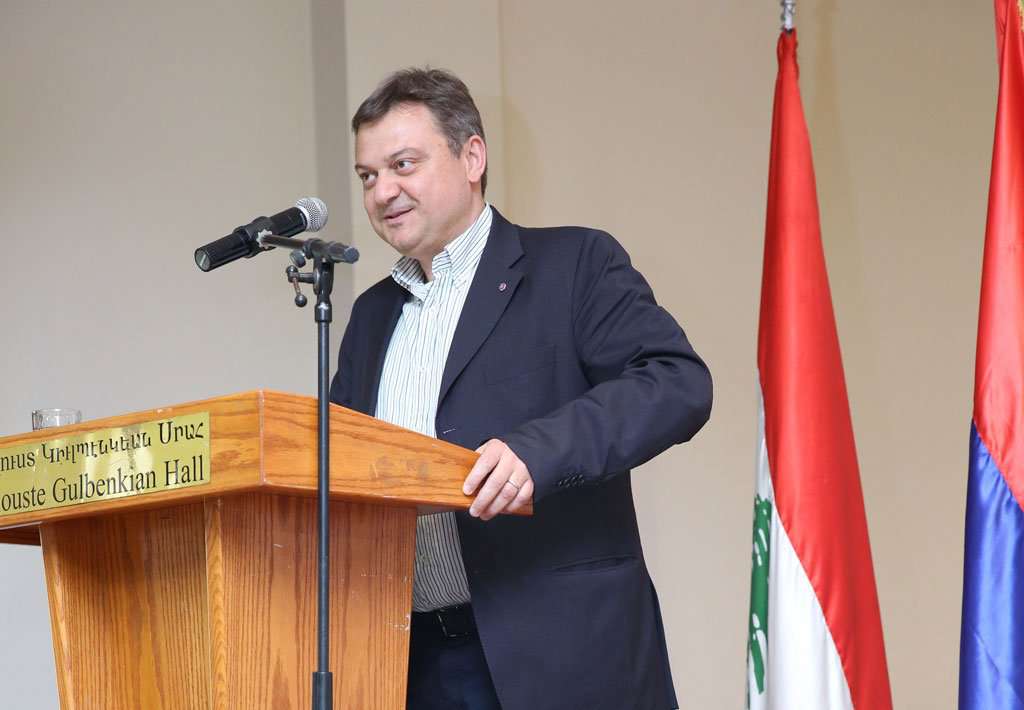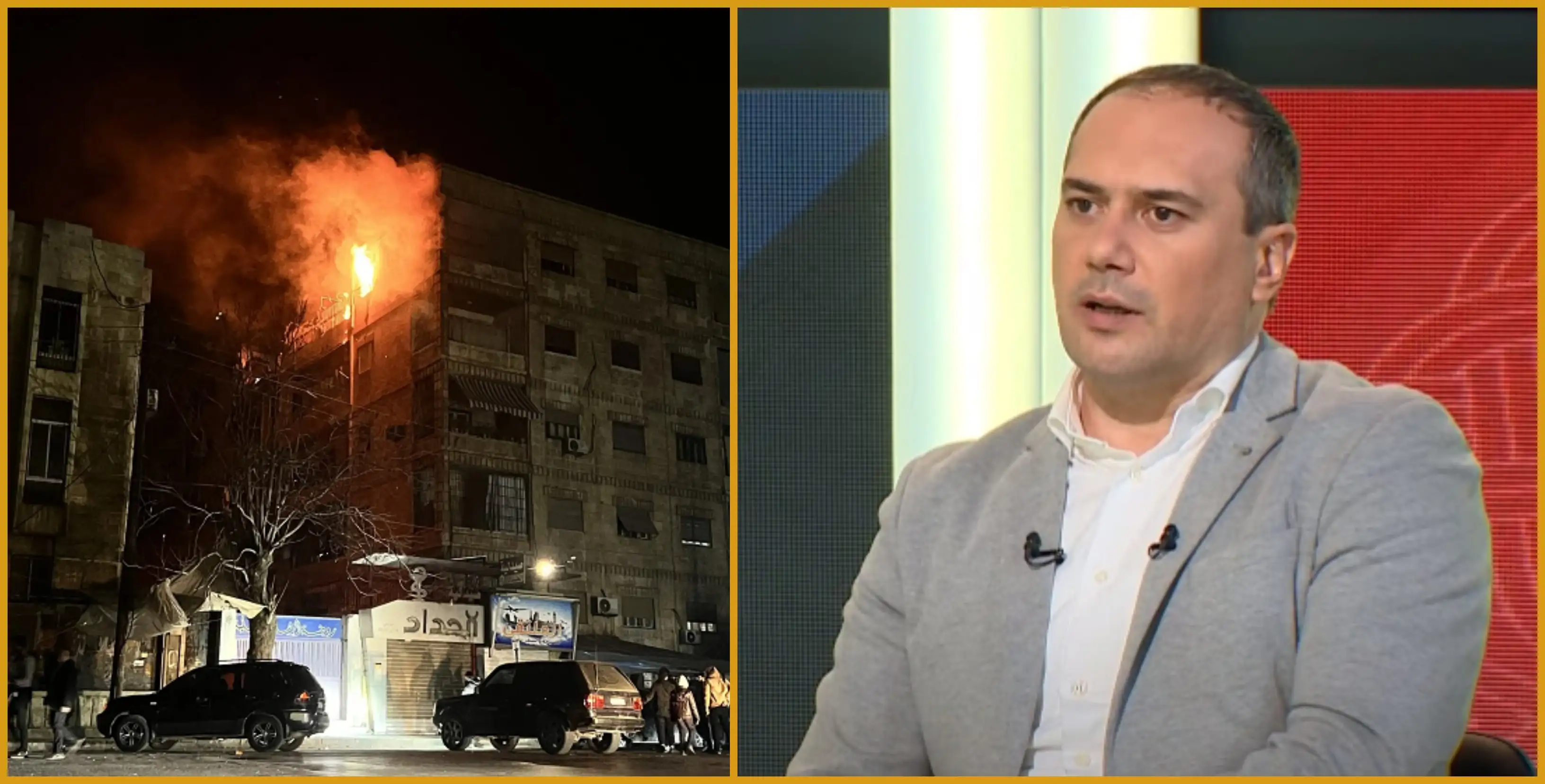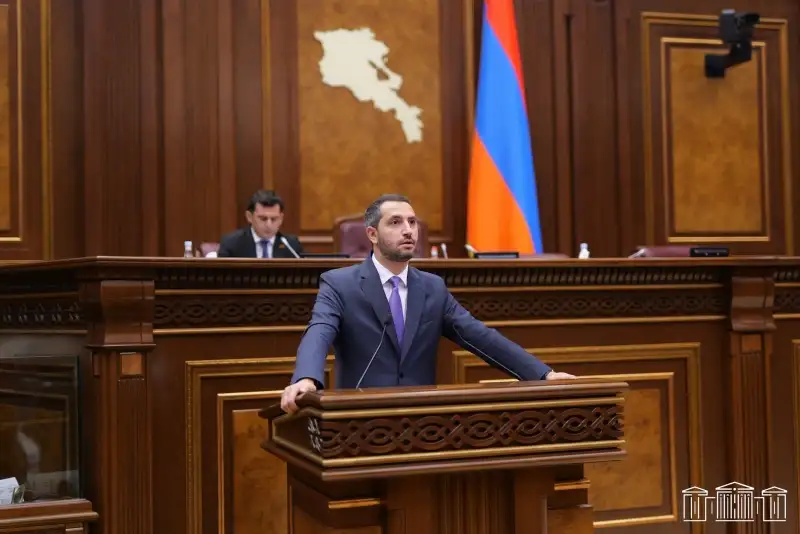Radar Armenia's interlocutor is international affairs expert Shahan Gandaharian.
- Earlier this week, Nikol Pashinyan and Ilham Aliyev met. How do you interpret that meeting? How effective was it?
- The official news report talks about general principles; there are no turning points there—a few observations. The venue suggests a zone of influence, particularly since the US Secretary of State welcomed the meeting of the parties in pursuit of peace before the meeting. It is bilateral, but I think there are unofficial mediators. On the eve of this meeting, as well as during and after it, proposals and discussions regarding the Syunik Pass intensified, indicating that it was the most heated point in the negotiations.
- However, there is no agreement on signing the peace agreement. Why?
- Apparently, the parties will go to initial it. The parties have agreed on the text, and if they initial it, it means that the text will not be changed. There will be no agreement until there is an agreement on unblocking the roads. And that does not depend only on the negotiating parties.
- After that, there was talk of outsourcing the road passing through the Syunik region. Will the parties take that step?
- There was talk of outsourcing, then leasing. There is no clear status yet. What is clear is that Abu Dhabi essentially canceled point 9 of the November statement. Abu Dhabi is viewed and perceived in terms of the policy of expelling the Russian factor from the region.
- There is a point of view that the American presence may not be acceptable to Russia and especially Iran, on whose border it is supposed to be.
- Of course, it will not be acceptable to Russia. In the case of Iran, there was no quick response. The lack of a fast response suggests something. The Syunik issue is being discussed during the Iran-US negotiations. The most important and safest lifeline for Iran to break the blockade is the Syunik corridor. The use of this route depends on the United States.
- In this context, I would also like to address Israel's bombing of Syria. What will these actions lead to? Is another large-scale war expected in the region?
- The processes in Syria have accelerated. Ankara wants to make peace with the Kurds. The Kurdish card will not be neutralized so easily, especially by the United States. In coastal Syria, the Alawites were subjected to massacres, and now the Druze. Israel is entirely using the clashes with the Druze to form the proposed demilitarized zone. There will still be upheavals. I do not think it will escalate into a major war. After the collapse of the two previous pillars, Iranian and Russian, it appears that Turkey and Israel have taken advantage of the opportunity, despite having points of conflict of interest.
- Let's also talk about Russian-American relations. The US president announced a 50-day deadline. What does this mean?
- Trump pressured Zelensky in front of cameras to agree to a ceasefire. Now he says he is disappointed with Putin. He had previously decided to reduce aid to Ukraine, but now he says he is sending new weapons. The processes will go through these ups and downs. The axis of Trump's policy is financial and economic, and seizing Ukrainian mines is a top priority. A large-scale war is not in the interests of the US.
Arman Galoyan spoke


















